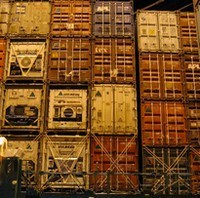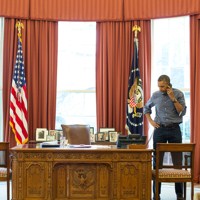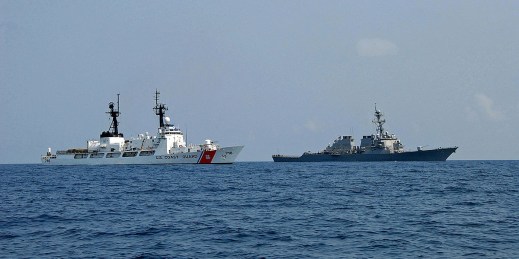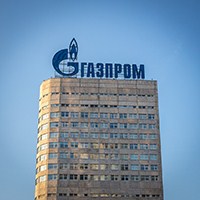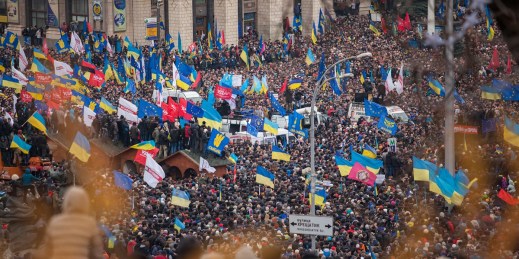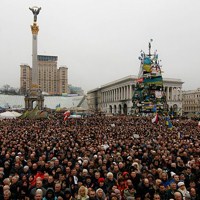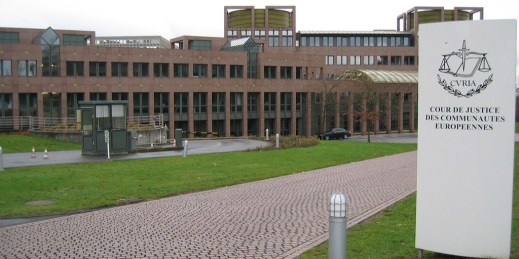
No secular organization has ever peacefully deprived states of as much sovereignty as has the European Union. National autonomy to regulate the environment, labor, the professions, antitrust, consumer protection, food and product safety, agriculture, advertising and almost any other area one can think of, even highly sensitive ones such as criminal law and civil procedure, has been gradually constrained over the years by rules coming from the EU. Often the source of these rules is EU legislation, usually in the form of directives, which are laws that contain instructions to the member states to take certain action or implement certain […]

